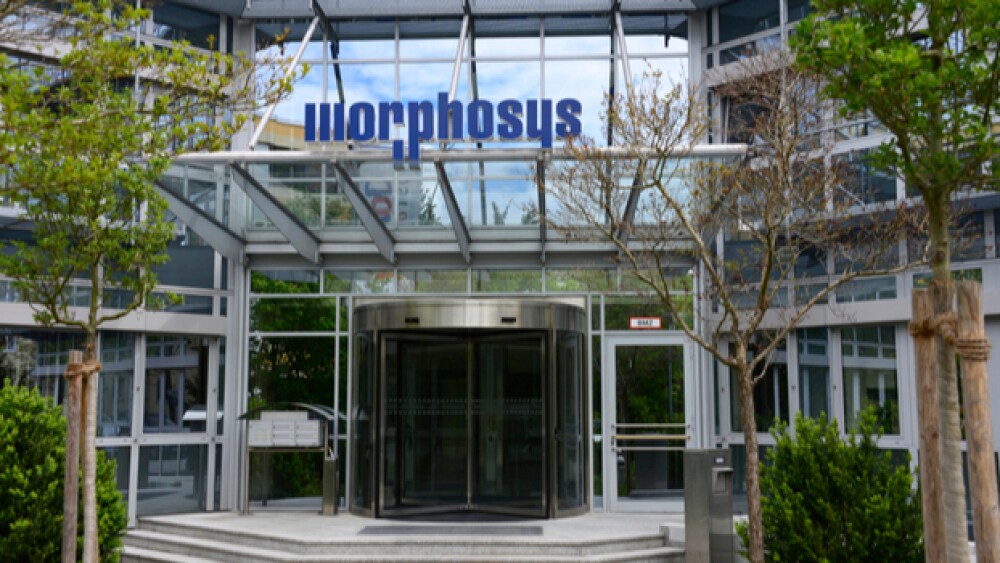MorphoSys AG announced Thursday it plans to drop its pre-clinical programs and cut 17% of its workforce in an effort to extend its cash runway.
Courtesy nitpicker/Getty Images
MorphoSys AG announced Thursday it plans to drop its pre-clinical programs and cut 17% of its workforce in an effort to extend its cash runway.
Though the company called its pre-clinical programs promising in the press release, it stated it would need more capital to get to the clinic, and raising funds in this constricted environment is much easier said than done.
The cuts will take place at the company’s Planegg headquarters, and a total of 70 employees will lose their jobs.
In the press release, CEO Jean-Paul Kress pointed to the challenging market and emphasized the need to concentrate funds on its most-advanced clinical programs in oncology.
With these cuts to its pre-clinical pipeline and staff, MorphoSys hopes it can take its most promising programs to commercialization. In November, the company licensed two immunology assets to startup Human Immunology Biosciences, leaving its pipeline wholly cancer-focused.
Three Phase III trials are in the works, including the company’s lead candidate, pelabresib, being studied as a treatment for myelofibrosis. The trial compares the BET inhibitor combined with ruxolitinib against a placebo combined with ruxolitinib, a targeted cancer drug marketed by Incyte as Jakafi.
MorphoSys currently has one approved drug on the market – Monjuvi – for relapsed/refractory diffuse large B-cell lymphoma.
In January, the pharma announced preliminary net sales of Monjuvi had fallen a bit short of initial guidance. The drug brought in around $89.4 million, down from the $90-110 million previously expected.
Kress attributed the dip to increased competitive activity as more treatment options enter the market for R/R DLBCL in the company’s third-quarter release.
Indeed, the markets are getting a bit crowded for R/R DLBCL. Second-line regimens for patients include Karyopharm Therapeutics’ Xpovio, which posted a modest increase to $120.4 million in 2022 sales.
Another of Monjuvi’s biggest contenders is Roche’s Polivy, which was recently approved in a combination as a first-line treatment in the EU for DLBCL. The drug grew to $437 million in 2022 sales, an 85% increase over the previous year.






